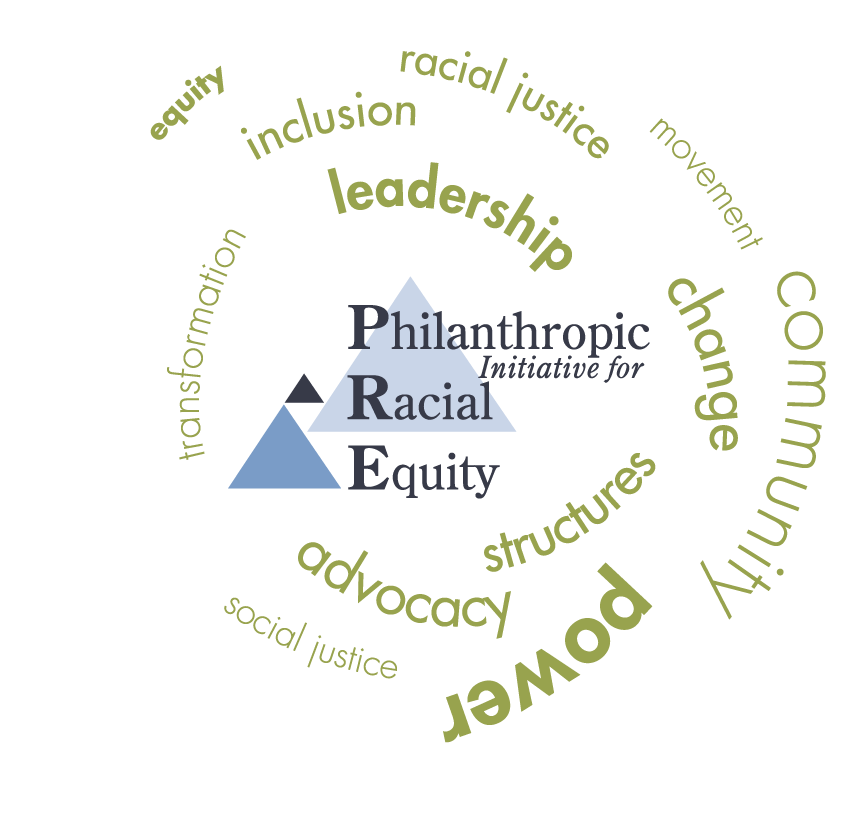Philanthropy and Racial justice - Can It Be Different Now?
By Jenny Oppenheimer, Alliance Magazine
June 17, 2020
Let’s face it, racial justice hasn’t exactly been a top agenda item for mainstream philanthropy. However, COVID-19 and its manifestly disproportionate impact on people of colour, together with the global outpouring of disgust in response to the killings of black people, is forcing philanthropic leaders to confront why they have allowed their evident ‘corporate blindness’ to continue.
This analysis is fuelling an identity crisis in philanthropy and, as happens when people think about their identity, philanthropy is being forced to examine its provenance, its heritage and its very DNA. It’s taking a deep dive into its roots, its positions of power and its role – and what it is having to face isn’t pretty. The brutal reality is that much of philanthropy has been built on historical and racial injustices and on oppressive structures which continue to be maintained to this day. The zeitgeist in current-day progressive philanthropy is around power and privilege, which raises questions about who gets to hold power, how they got there, who gets to dictate what ‘good’ looks like and so on.

